Foreign minister: US planned IAEA resolution to get concessions from Iran in Vienna talks
Iran’s Foreign Minister Hossein Amir-Abdollahian says the United States was behind the recent anti-Tehran resolution, which was adopted by the International Atomic Energy Agency (IAEA)’s Board of Governors, in order to mount pressure on Iran in the Vienna talks.
Iran's top diplomat made the remarks in a Thursday phone call with his Iraqi counterpart, Fuad Hussein, during which the two sides also discussed bilateral issues as well as regional developments.
Negotiations have been held in the Austrian capital since April last year to restore the 2015 Iran deal, officially called the Joint Comprehensive Plan of Action (JCPOA), which was ditched by former US President Donald Trump in May 2018.
In quitting the agreement, Trump introduced what he called the “maximum pressure” campaign to bring Iran to its knees. Tehran maintains that the policy has failed dismally. The Joe Biden administration agrees, yet it has not taken any tangible steps to deliver on its promise of repealing the policy.
In recent months, Iran has cited Washington’s indecisiveness as the reason behind the protraction of the talks, as a number of key issues remain unresolved, ranging from the removal of all post-JCPOA sanctions to the provision of guarantees by the American side that it will not leave the deal again.
“While exchange of messages through the European Union’s representative continued between the United States and Iran, the White House suddenly came up with the idea of the adoption of a resolution at the International Atomic Energy Agency,” Amir-Abdollahian said.
Iran’s foreign minister added, “The goal that the United States sought through proposing it was to get political concessions [from Iran] at the negotiating table [in Vienna].”
Amir-Abdollahian said Iran has consistently invited the West to take the path of diplomacy and even a few days before the recent IAEA meeting, Tehran put forth a political initiative for the continuation of the Vienna talks until a final agreement is reached.
“However, faced with the United States’ unconstructive behavior at the IAEA, the reciprocal measure that we took to boost Iran’s peaceful nuclear activity fell within the framework of the law passed by the [Iranian] parliament,” Iran’s foreign minister said.
The law, which was passed by Iranian parliament in December 2020 following the assassination of top nuclear scientist Mohsen Fakhrizadeh, tasks the government with restricting the IAEA’s inspections and accelerating the development of the country’s nuclear program beyond the limits set under the JCPOA.
The law that is officially known as the Strategic Action Plan to Counter Sanctions was adopted in order to further Iran’s counter-steps in the face of the United States’ and its European allies -- the UK, France, and Germany’s -- non-commitment to the nuclear deal.
“We consider diplomacy as the best path toward achievement of a good, strong and durable agreement. However, in the face of bullying behavior [of the US], our reaction is powerful,” Amir-Abdollahian concluded.
Anti-ICE protests continue
Netherlands approves plan to reduce military imports from Israeli-occupied territories
Iran will hit US military bases in region if attacked: FM
VIDEO | Press TV's news headlines
Epstein files: A window into darkest corridors of power where money and influence converge
Iran FM warns ‘doctrine of impunity’ for Israel threatens regional stability
Israel covertly supporting anti-Hamas militants in Gaza: Report
US to lift Russia-related tariffs on India following preliminary trade deal


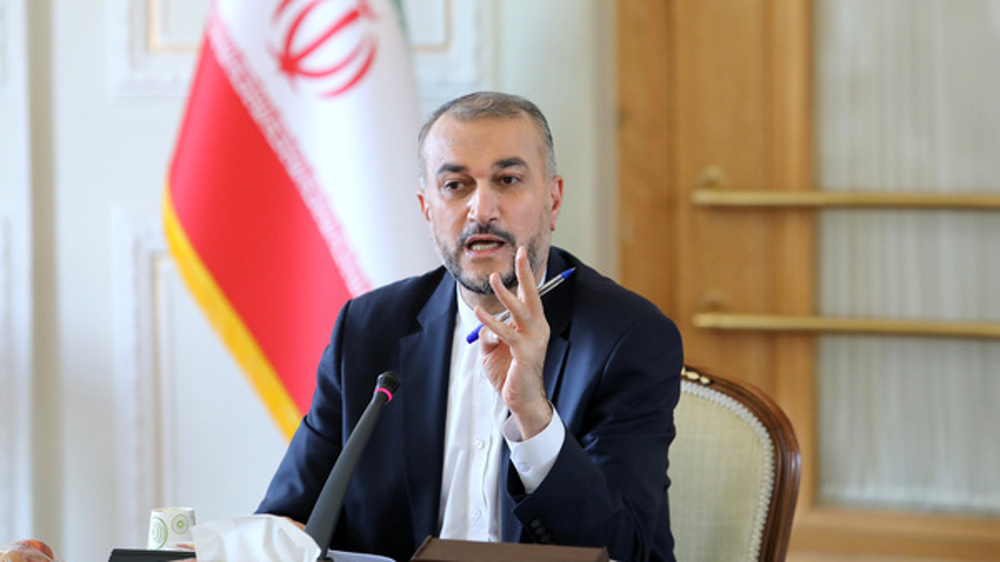
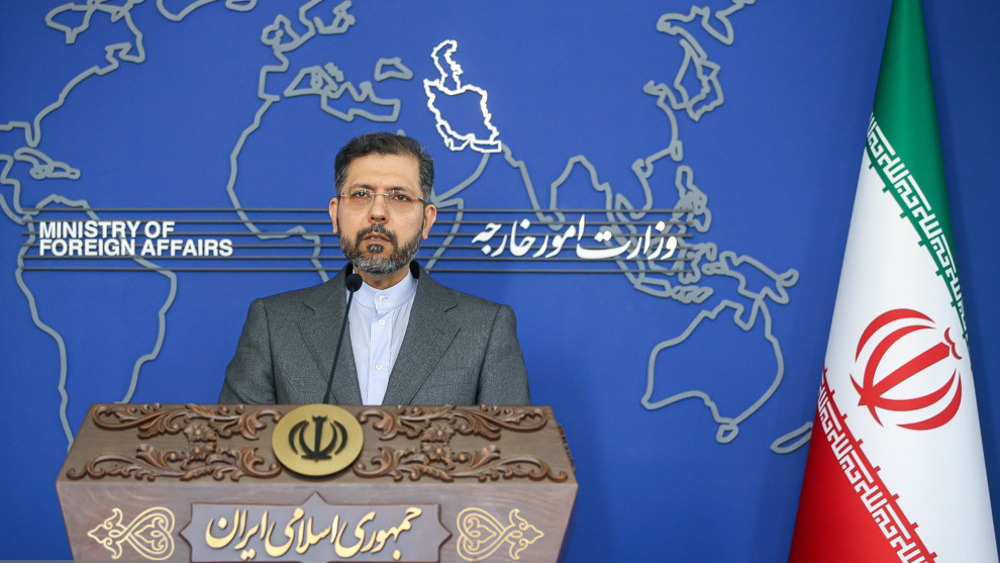
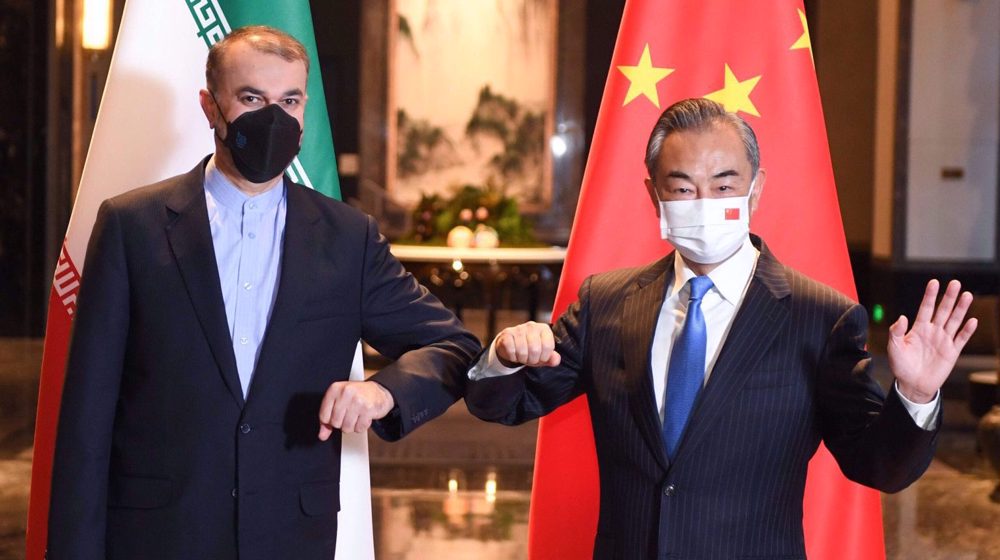
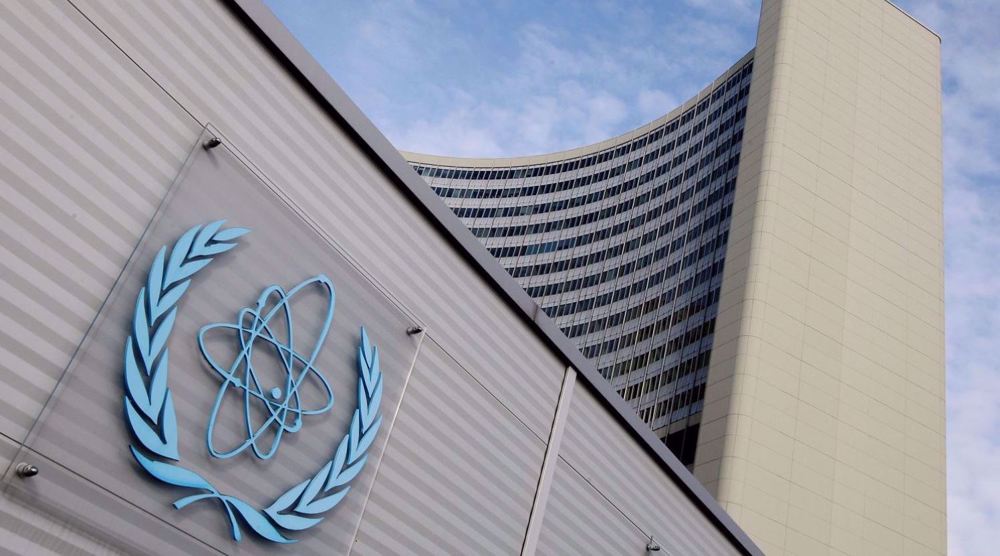
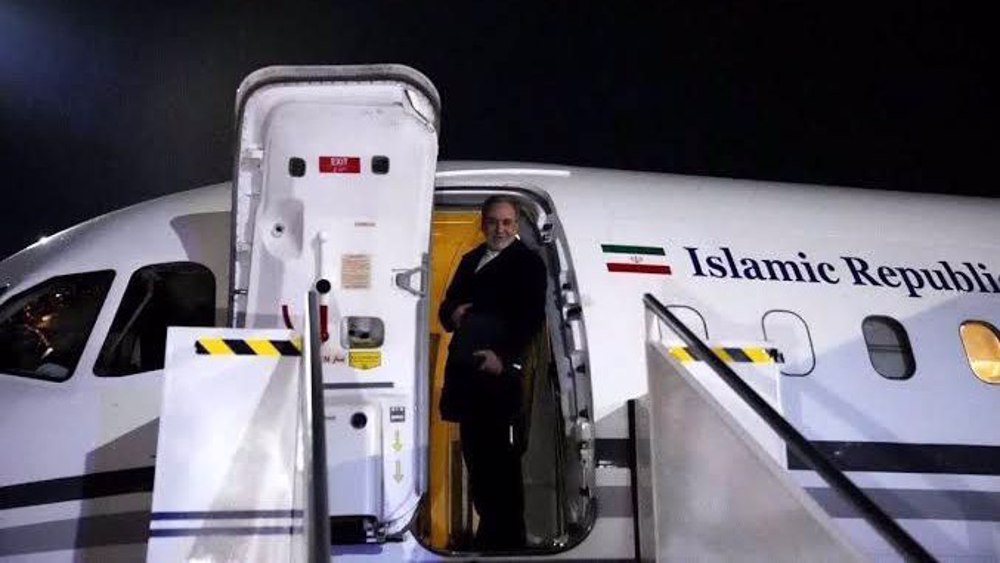
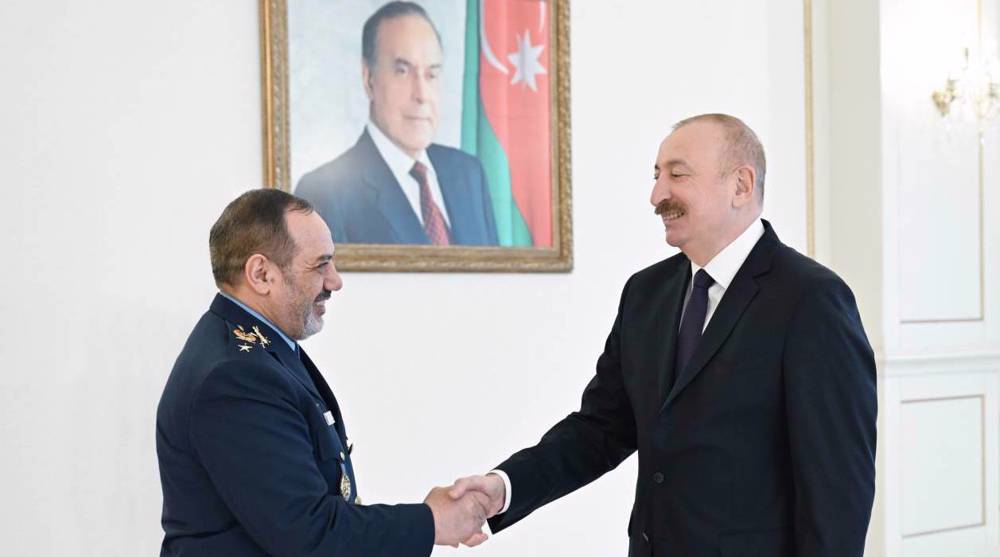
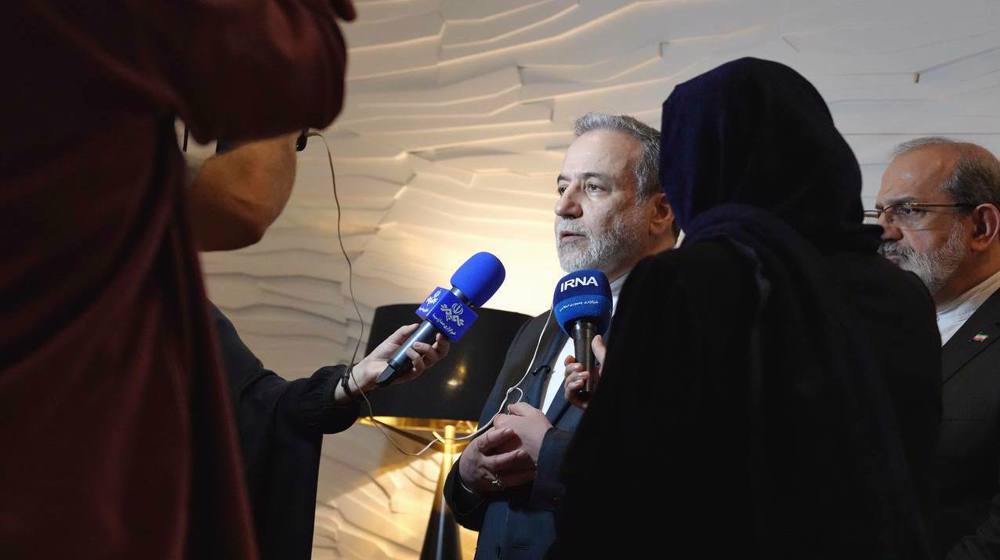




 This makes it easy to access the Press TV website
This makes it easy to access the Press TV website